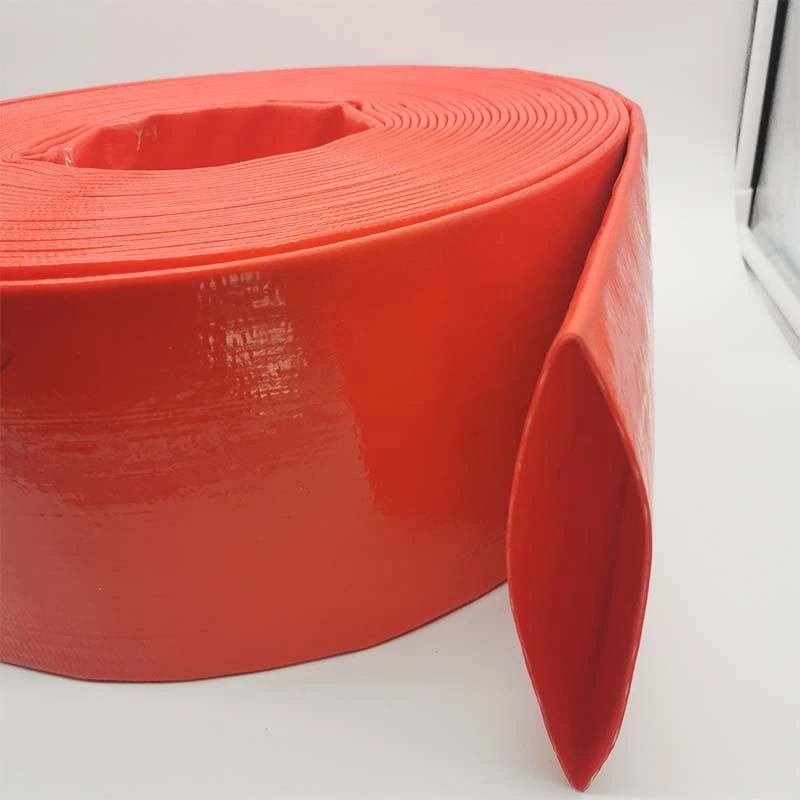Essential Guide to HVAC Vacuum Hoses for Efficient Air Conditioning Systems
Understanding HVAC Vacuum Hoses An Essential Component for Efficient System Performance
Heating, ventilation, and air conditioning (HVAC) systems play a crucial role in maintaining comfortable indoor environments across various settings—be it residential, commercial, or industrial. Among the many components that make up these systems, HVAC vacuum hoses hold significant importance. While often overlooked, these hoses facilitate critical functions that ensure the efficient operation of an HVAC system. This article aims to explore the necessity of HVAC vacuum hoses, their types, applications, and maintenance requirements.
The Importance of HVAC Vacuum Hoses
HVAC vacuum hoses are primarily used in the process of evacuating air and moisture from refrigerant lines and other components within an HVAC system. The presence of air and moisture can lead to several issues, including reduced efficiency, corrosion, and refrigerant leaks, which can ultimately damage the system and lead to costly repairs. Therefore, vacuum hoses enable technicians to create a vacuum, allowing them to remove impurities before charging the system with refrigerant.
Furthermore, the use of HVAC vacuum hoses is essential for maintaining the integrity of the refrigerant cycle. When an HVAC system is charged with refrigerant, it is crucial that the hoses are able to create and hold a vacuum. A leak in the vacuum hose can lead to contamination of the refrigerant, which can adversely affect system performance and longevity.
Types of HVAC Vacuum Hoses
There are several types of vacuum hoses used in HVAC applications, each serving specific functions
1. Rubber Vacuum Hoses Commonly used in HVAC systems, rubber vacuum hoses are flexible and resistant to various chemicals. They are often utilized for routine maintenance and evacuation tasks.
2. Polyurethane Vacuum Hoses These hoses are lightweight and durable, making them suitable for applications that require high flexibility and resistance to wear and tear. Polyurethane hoses are often used in both residential and commercial HVAC settings.
3. Refrigerant-Specific Hoses Certain HVAC systems may require hoses designed to handle specific types of refrigerants. These hoses are engineered to resist the chemical properties of various refrigerants, preventing degradation and ensuring system safety.
Applications of HVAC Vacuum Hoses
hvac vacuum hoses

The applications of HVAC vacuum hoses are diverse, extending across various stages of HVAC installation and maintenance. Typical applications include
- System Evacuation Before charging the HVAC system with refrigerant, technicians use vacuum hoses to evacuate any air and moisture present in the lines. - Duct Testing Vacuum hoses are often employed during duct leakage tests to ensure that systems are airtight, promoting energy efficiency in buildings. - Chill Water Systems In chill water systems, vacuum hoses help in removing air from the lines, which can improve the system's cooling efficiency.
Maintenance and Best Practices
To ensure optimal performance, proper maintenance of HVAC vacuum hoses is essential. Here are some best practices
1. Regular Inspection HVAC vacuum hoses should be inspected regularly for any signs of wear, leaks, or damage. Technicians should look for cracks, frays, or bulges in the hose material.
2. Proper Storage Hoses should be stored in a cool, dry place when not in use, away from direct sunlight and heat sources that can degrade the material over time.
3. Avoid Overextension Care should be taken not to overextend or kink the hoses during use, as this can lead to reduced efficiency and potential failure.
4. Use Compatible Hoses Always ensure that vacuum hoses are compatible with the specific refrigerants and pressures of the HVAC system to prevent any chemical reactions or failures.
Conclusion
In summary, HVAC vacuum hoses are a fundamental component that enhances the efficiency and longevity of HVAC systems. By facilitating the evacuation of air and moisture, these hoses help maintain a clean refrigerant cycle, ensuring optimal performance. Understanding their types, applications, and maintenance can help technicians provide better service, ultimately contributing to enhanced indoor comfort and energy efficiency. It's clear that while they may not always grab attention, HVAC vacuum hoses are essential players in the realm of heating and cooling systems.
-
Top Quality Oxy Acetylene Hoses for Sale Fit for Welding DemandsNewsJul.28,2025
-
The Future of Pneumatic Air Tubes in IndustryNewsJul.28,2025
-
Superior and Reliable LPG Hose Pipe Solutions for Every NeedNewsJul.28,2025
-
Exceptionally Durable and Versatile Premium Braided PVC TubingNewsJul.28,2025
-
Best Adapters for Connecting Garden Hose to PVC Pipe ConnectionsNewsJul.28,2025
-
The Essential Role of LPG Hoses in Safe and Efficient Gas DistributionNewsJul.16,2025














